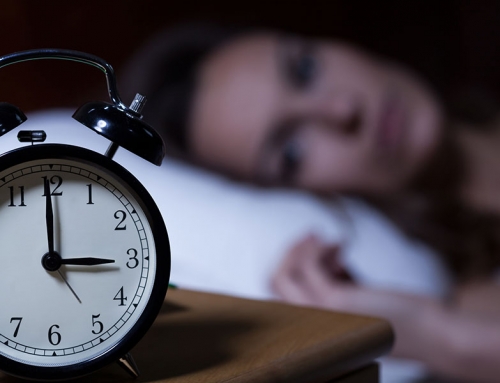The less sleep you get each night, the more your mind begins to focus on trying to sleep. This can often cause a vicious cycle of stress, worry, and sleeplessness. If that all sounds a bit like you, here’s a set of questions you can ask yourself—helping to narrow down the causes of why you’re waking up periodically throughout the night, and what you can do to improve your sleep habits.
Are you actually waking up every two hours?
Table of Contents
First things first: are you really waking up every two hours, every night? That’s four or five times in the average sleep. You may be waking up that much, and if so, the information below should help. But evidence also suggests that we tend to overestimate how often we wake up, as described in this article by WSJ.
Especially if you’re used to sleeping soundly throughout the night, finding yourself repeatedly waking can be a stressful experience, and one that preoccupies us during the day. But it’s important to maintain objectivity, try to get to the bottom of an unrestful sleep, and keep our attention on the quality of sleep that we do get, no matter how little that may be!
Some waking during the night is completely normal
It’s actually quite rare to go a whole night without at least partially waking. If we return to sleep quickly, however, we usually don’t remember those moments of wakefulness. Waking up for more than thirty seconds is normally the point at which your body may become more aware, and you may become conscious of waking up, and retain a memory of waking in the morning.
Still, it’s not unusual to wake up fully once or twice per night. For some people, waking three or four times might be the norm, due to long-standing hereditary factors or lifestyle habits. If you regularly wake up four or more times, however, it’s definitely something you should be looking into, for the reasons suggested below.
Repeated waking at regular intervals
Is it time to consider an insomnia diagnosis?
There’s no clear line between sleeplessness and insomnia. Medically speaking, insomnia is defined as having difficulty falling or staying asleep, even when a person has the chance to do so.





